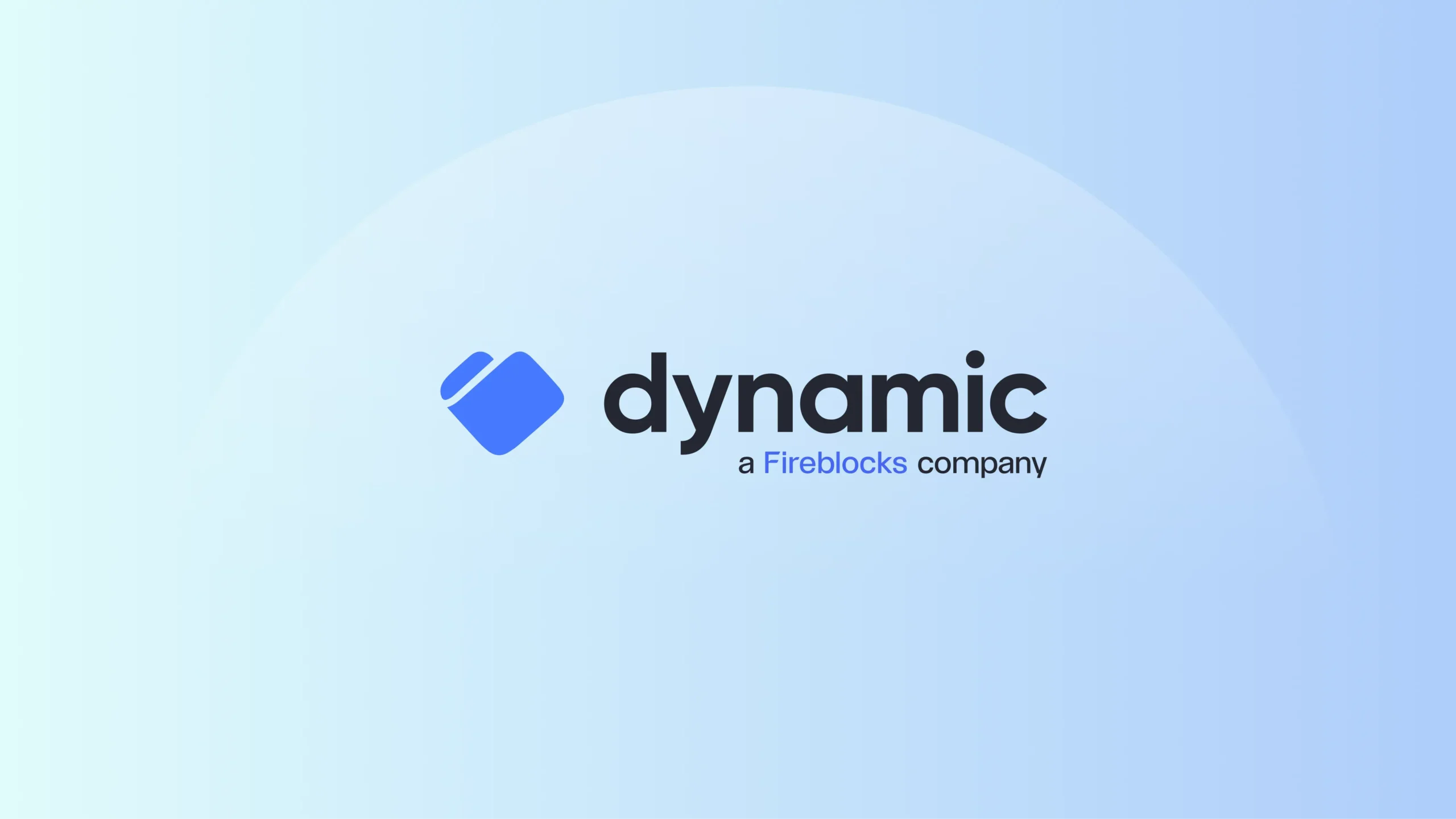1 min. read
How GSR automates transaction and settlement flows with Fireblocks

Benefits at a glance
Reduces operational overhead
Unified API for multiple exchanges
Simplifies transaction settlements
Seamless counterparty operations
I think the Fireblocks Network could become the new norm. A question that gets asked as part of the onboarding process – can we connect on the Fireblocks Network? Because I think that indicates to both us and our counterparty that operations will be fairly seamless from this point.
My name is Nim Siriwardana. I work for GSR.
GSR was founded in 2013, and we’re now a leader in the digital assets trading and market making space.
We specialize in providing liquidity and risk management strategies and structured products to various participants in the industry. We work with token issuers, traders, investors, miners, and we are integrated with over 40 cryptocurrency exchanges as of right now.
If you take the current state of the world in terms of how operations are handled with respect to funding, various trading activity, and also settling the trading activity. If you think about the way this is happening right now, what happens is that, typically, we have a very large number of wallets, very large number of addresses, and we have to manage the process of working with a counterparty and understanding, which address do we send something to?
And then, you know, we have to go through this whole process of verification.
We have to check, for example, if we received an address on the email, is it the right person we’re dealing with? So we have to use another communication channel to confirm this address is the right person. Once that’s done, then the next step, for example, will be to send a test, amount, to check that the whole process works okay.
Now depending on the token, this could take anywhere from a few seconds to a few hours depending on how busy the network is. Now that’s second step. Finally, the we come to the actual sending of the the amount that we’re interested in. So either the funding for a particular transaction that’s gonna happen at trade or, the actual, settlement after a trade. So these are kind of the the three steps that happen, in in the current state of the world.
And the the idea, you know, operationally for an institution like ours, to have to do this with every single counterparty that we deal with is actually a lot of work and it hinders the scalability of what we can do.
The goal with the Fireblocks Network and our use of it is to try to reduce the operational overhead. From the network perspective, the settlement is really where we think it adds the best value because we know and we trust that our counterparty is there. And so as we need to settle transactions or settle trades, it’s as simple as click of a button, select the amount we want to send, and then have our approvers approve the whole process.
With Fireblocks, we’ve been able to, integrate with, effectively, a fairly large set of exchanges to execute transactions without having to write our own code to actually do the process of executing the transactions.
So the API exposed by Fireblocks is quite nice because it gives us one unified, point of entry to ensure that we can transfer between the vaults that we maintain on Fireblocks and the various exchanges where we actually execute our strategies.
We have a process now in place, which automates the whole flow of receiving funds from clients and then either periodically or whichever trading strategy that they’re employing, taking those funds moving to the exchanges, and then our strategies would execute upon those funds, convert the proceeds, for example, and take those proceeds and send it back to the Fireblocks Vaults, from which we will then subsequently send it back to the client. So the whole process has been automated with the use of a single API without having to integrate to every single exchanges, own transactions, APIs, and having to deal with all of the resulting issues from that. So operationally, it’s made our process a lot simpler as a result.
